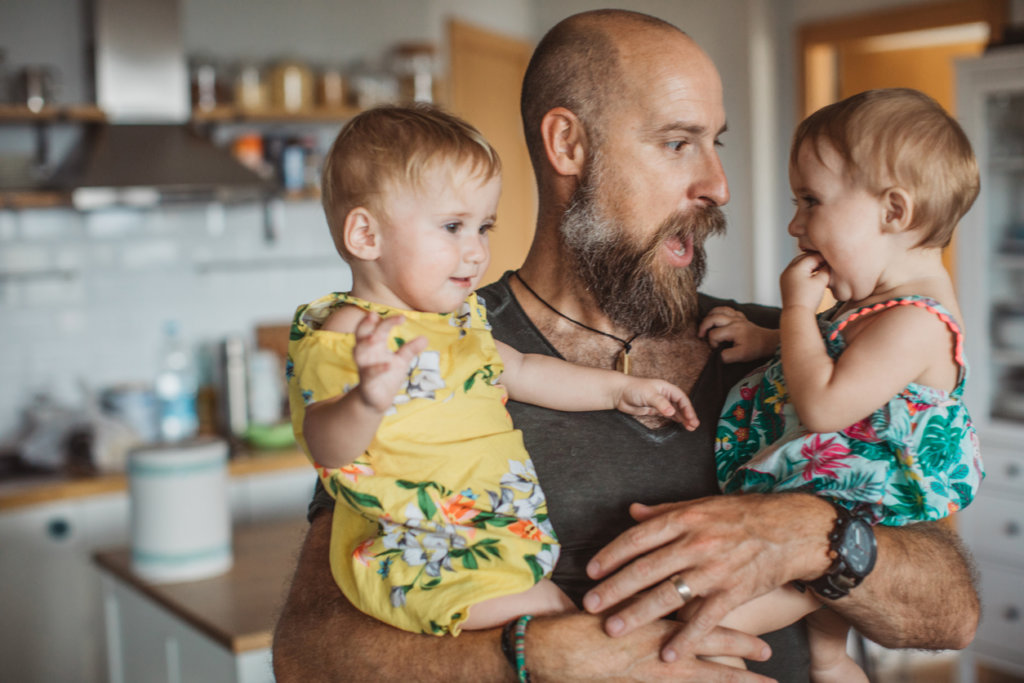SART, Society for Assisted Reproductive Technology is the primary organization of professionals dedicated to the practice of assisted reproductive technology. So that you can receive the highest possible level of care, SART establishes and maintains the standards for ART. They play a major role as advocates and understand that choosing to receive donated eggs carries with it a simultaneous sacrifice of hope for pregnancy with one’s own eggs, and this can be a feeling of great loss.
There are probably many characteristics that you hope your egg donor will possess, and you probably desire that your egg donor will possess many of your own characteristics. The IVF team does what it can to assist you in selecting a donor who meets your most important expectations, but they, too, will always face certain limitations.
One requirement of most anonymous donation programs, such as EDI, is that anonymity be maintained. To accomplish this, we are limited in the amount of information that we can give you about the donor. We cannot tell you much more than donor’s height and weight, hair color and eye color, race, blood type, age, and duration of formal education.
We also give you as much family medical history as we know. You have the right to be as specific as you like about the characteristics of the donor, but you need to understand that the more specific you are, the longer the entire process may be delayed. If your criteria are extremely specific and detailed, we may never find a donor who meets your expectations, or you may need to register with multiple agencies.
Studies indicate that women who agree to donate their eggs tend to be upbeat, energetic, resilient, and altruistic. If they did not have these personality characteristics, they probably would not be willing to undergo the discomfort and risks involved in egg donation and IVF in the first place. Thus, to at least a small extent, the process of egg donation tends to select from women with these favorable personality characteristics.
The blood type of the recipient, egg donor, and recipient’s husband are factors that can play some role in the matching process. Blood typing at its most basic level is defined by two separate typing systems. One is referred to as the ABO system. Four different types exist in this system, A, B, AB, and O. The other basic blood typing system is the Rh type. Only two Rh types are common, positive, and negative. Thus, a routine blood type is described as one of the four ABO types and one of the two Rh types.
The main element of the blood typing system, which has the potential to affect the health of a pregnant woman’s baby, is the Rh-negative type. Serious compromise of a baby’s health can occur when an Rh-negative woman is carrying an Rh-positive fetus. With modern obstetrical treatment, such complications are uncommon, but they still exist.
There are two ways an Rh-negative woman can have an Rh-positive baby. One is if the father of the baby is Rh positive, and the baby inherited Rh positivity from the father. The other way this can happen is if an Rh-negative woman receives an oocyte from a donor who is Rh positive, and the genetic makeup of the oocyte confers Rh positivity on the resulting fetus. Thus, practically speaking, the main situation in which the blood type of the egg donor can pose increased risk for the recipient is when both the recipient and her husband are Rh negative. In this circumstance, the use of an Rh positive donor would expose the recipient’s fetus to a risk of Rh incompatibility that would not have existed had the woman used her own eggs or received eggs from an Rh negative donor.
Differences in ABO type between mother and fetus pose little risk to the health of the fetus. Therefore, use of an egg donor whose eggs might produce a pregnancy, which is different from ABO type of the recipient and husband, is not such a serious medical matter. Although ABO incompatibility is of negligible importance medically, we understand that to some recipient couples it may still be an important factor to match, so that genetically impossible differences in ABO type between parents and child are not revealed later in life.
As in all of our egg donor and intended parent matches, medical records of your donor are sent to your IVF clinic for further review. Your physician will be the one who will ultimately give approval of your donor.
At EDI we work with the best clinics and brightest Reproductive Endocrinologists. In addition to some helpful resources, you can view a nationwide list of some of the doctors, reproductive endocrinologists, and clinics we collaborate with by clicking HERE.
Story Source: https://www.sart.org/patients/third-party-reproduction/


